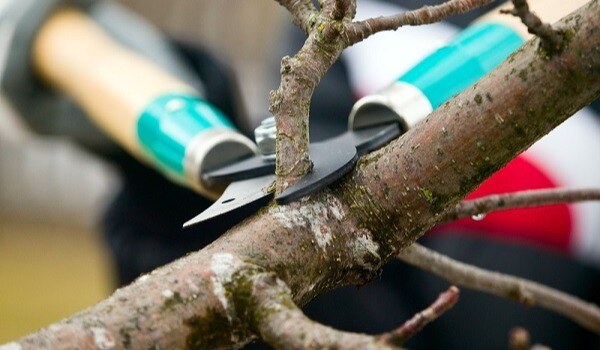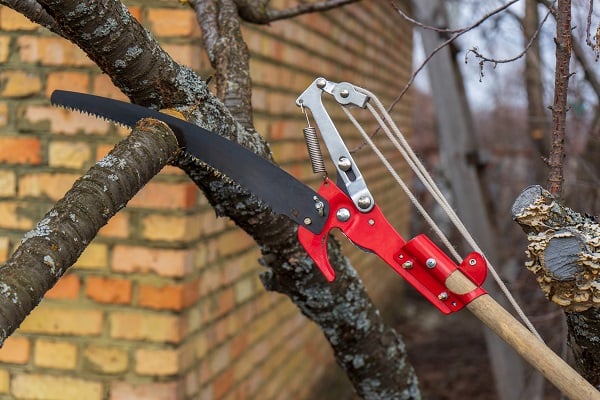
Peak Atlantic hurricane season is here! This is the time when Virginia typically experiences its most destructive tropical cyclones. NOAA's forecast calls for above-normal tropical activity this hurricane season. NOAA expects 4 to 7 major hurricanes (category 3, 4, or 5) with winds of 111 mph or higher. These predictions are influenced by La Nina conditions in the Pacific, near-record warm ocean temperatures in the Atlantic Ocean, lower Atlantic trade winds, and less wind shear.
Here at NNINS, we never underestimate the possible impact any big storm can have on Virginians, and for good reason. We know from experience it only takes ONE hurricane to devastate your home and property, resulting in costly wind and flood damage.
Prepare Your Family
Start prepping for peak hurricane season now with our Hurricane Preparedness Guide. Besides having a good family plan, you can also think ahead about preparing your home, inside and out. We know from decades of home insurance claims that hurricanes impacting Virginia can pose four main risks to your home.

Prepare the outside of your home for a hurricane
There are two ways to prepare outside your home for peak hurricane season. You want to reduce the risk of damage during strong, sustained winds. Flying debris, such as signs, lawn and play equipment, and even small items left outside, can cause injury and property damage. High winds can turn innocent tree limbs into a sledgehammer if they are too close to your home or other property.
Secure outdoor items before a hurricane:
- Check your gutters
- Grills and propane tanks
- Lawn furniture
- Garbage and recycling cans
- Loose play equipment and toys
- Gardening tools and planters
- Yard ornaments
- Bring your pets indoors

Trim your trees
Trees can cause major damage during a hurricane, especially if you see they have existing issues. Have trees and shrubs professionally pruned or trim them yourself before a hurricane approaches to reduce the risk of flying debris during a storm. Remove dead or diseased trees and large overhanging limbs in anticipation of strong winds that can topple weak trees, causing costly damage to your roof, siding, windows, and other property.
Protect your car
It's best to park your car in a garage if possible when a hurricane warning is issued and you are not asked to evacuate. If you don't have access to a garage, park your car away from large trees and power lines. We have more good ways to prepare your car for a hurricane and FAQs about hurricane coverage. If you have an EV, read our important article on the unique fire hazards of flooding and be sure to move your car and other electric devices like scooters, golf carts, and wheelchairs to higher ground.
.png?width=600&height=314&name=Closing%20interior%20doors%20can%20REDuce%20damage%20from%20high%20winds.%20(9).png)
Prepare the inside of your home for a hurricane
Besides having emergency supplies on hand in the event of an extended power outage, there are a few more things you can do:
- Have battery-operated devices that will work when the electricity is out.
- Charge cordless tools and electronics and have backup battery power.
- Stock up on tarps, rolls of plastic, rope, and duct tape for emergency repairs after the storm.
- Identify the cutoff switches and valves for your water, power, and gas and know how to turn them off in an emergency. Severe damage to your home can cause a short or power surge in your electrical system and may result in ruptured water or gas lines. Cutoffs for water and gas are usually located at or near the meter for each utility. Flip the main breaker in your circuit breaker box to turn off the power to your home.
- Make ice and buy extra water and nonperishable food.
- Close curtains, shutters, blinds, and interior doors.
- Plan how to take refuge in a windowless hallway, bathroom, or closet in the interior of your home. Bed mattresses can provide comfort and protection if your home suffers severe structural damage.
- Locate car, homeowner’s, boat, and life insurance policies, health records, and financial records and secure them.
- Have a home inventory in case of a claim.
- Move any device that is powered by a lithium battery to higher ground to avoid water damage, especially your electric car if flooding is forecasted.
Does Homeowners Insurance Cover Hurricane Damage?
Home insurance does cover hurricane damage. Check your policy for specific references to unique deductibles for tropical depressions, tropical storms, or hurricanes that are severe enough to be named by the National Weather Service. These can be referred to as hurricane deductibles.
It's also smart to speak to your local independent agent to ensure you are sufficiently covered for hurricane season, especially if you’ve recently done anything to your home that added value. Ask your agent for an insurance checkup to ensure you have enough homeowner insurance to repair or replace your home.
Learn more about homeowners insurance in Virginia >
THE NORTHERN NECK INSURANCE INTEGRITY PROMISE — We pledge to provide straight talk and good counsel from our NNINS Virginia insurance experts through our blog. While we hope you find this to be a helpful source of information, it does not replace the guidance of a licensed insurance professional, nor does it modify the terms of your Northern Neck Insurance policy in any way. All insurance products are governed by the terms in the applicable insurance policy.

